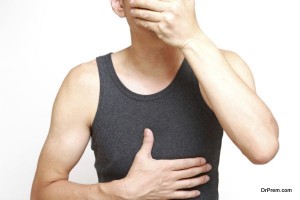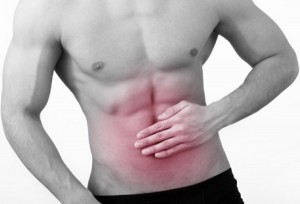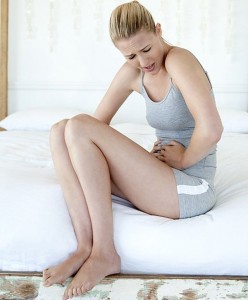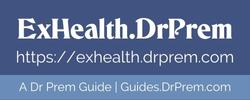Diverticular diseases, normally caused by lack of dietary fiber in the body, usually affect the colon. There are two variants of these diseases; diverticulosis and diverticulitis. Diverticulosis leads to the formation of inflamed pouches inside the colon. Increased inflammation of these pouches would then cause diverticulitis. However, both diverticulosis and diverticulitis cause similar symptoms, including abdominal pain, bloating, irregular bowel movements, stomach infection and digestive system block. The worst-case scenario involves a ruptured colon.

We can control the Diverticular diseases with the help of probiotics that aim at increasing the beneficial bacteria count in the intestine in order to improve and maintain intestinal health. If you are interested in taking probiotics to treat diverticular disease, then here are the steps you need to follow for the same.
Physical Examination
A physical examination would enable you to find out which type of diverticular disease you are suffering from. Reveal the symptoms to the doctor and opt for the recommended tests. If your symptoms are severe, you may need to go in for a colonoscopy and a digital rectal exam apart from the routine blood test.

Probiotics Discussion
Once you have been diagnosed with diverticular disease, speak to your doctor about using probiotics to treat the condition. Although probiotics would not help cure diverticular disease completely, it can help maintain the intestinal health in order to avoid more damage.
Probiotic Supplements
L. acidophilus happens to be one of the more common probiotic supplements recommended for treating diverticular disease. Also called as the good bacteria, L. acidophilus works to replenish the lost ‘good bacteria’ levels in the intestine. This in turn would reduce the symptoms of diverticular disease, including diarrhea, stomach pain, bloating and other intestinal issues etc. Therefore, make it a point to keep some L. acidophilus supplements for emergency purposes. The supplements are available in the form of either capsules or tablets. You can buy them at any local health food store.

Dosage
The standard dosage of L. acidophilus supplements for diverticular disease is 250 mg per day. The supplements need to be taken in between meals. Stick to the dosage until the symptoms reduce considerably.
Probiotic Enhanced Foods
Intake of probiotic-enhanced foods on a regular basis can also keep the intestine strong, healthy and free of infections. If you have diverticular disease, then stock up on probiotic-enhanced foods like dairy products (milk or yogurt), probiotic juices and soy beverages etc. Check the labels of these products for a mention of “probiotic” or “active cultures”. Stick to these foods on a daily basis until the symptoms die down.
Fermentable Fibers
Fermentable fibers help increase the effectiveness of the probiotic foods/supplements that you consume. Opt for fibrous foods like wheat, vegetables and legumes to improve your digestive health. Eating at least 5 servings of fiber rich foods on a daily basis would both maintain the health of the digestive system and work along with the probiotics to increase the ‘good bacteria’ count in the stomach.
Summary
Diverticular disease can be a hard condition to handle. However, with a combination of probiotic supplements and dietary changes, you can reduce the symptoms of the condition considerably as well as prevent future occurrences.


